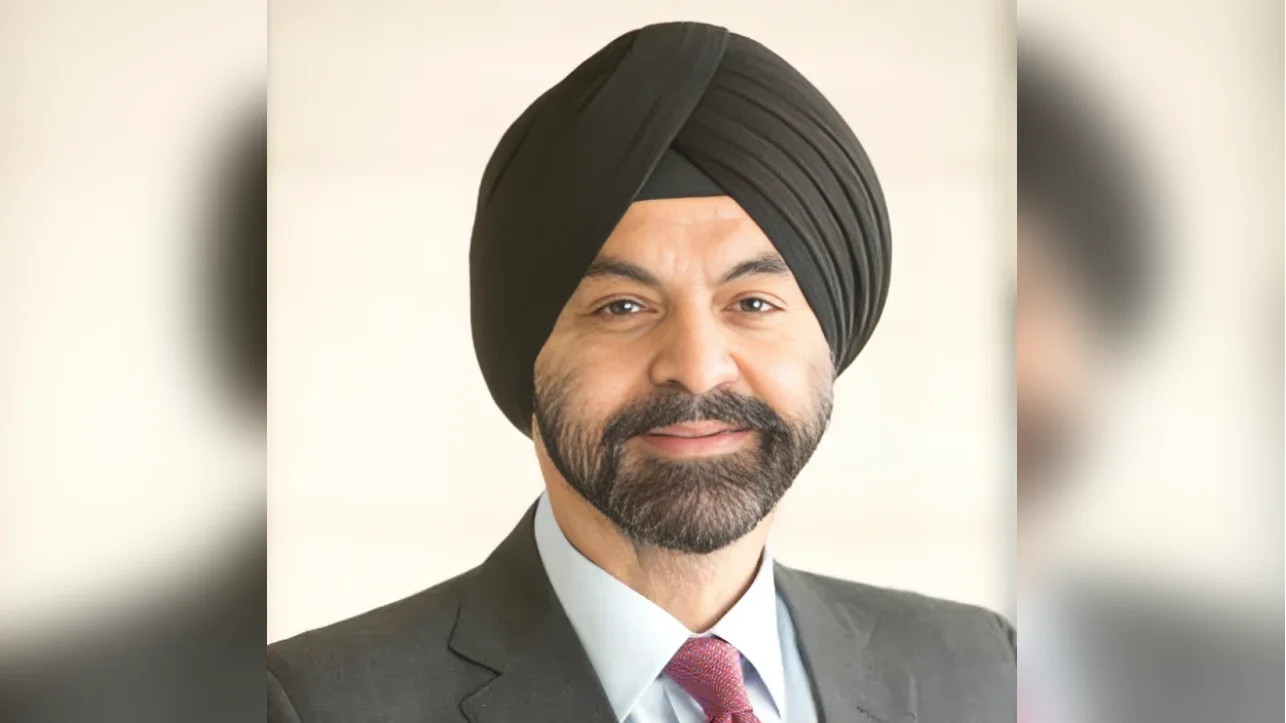The Advancing Innovative Methods to Promote Learning (AIM4Learning) Program is a $1.54 billion initiative funded by the International Development Association (IDA) and the International Bank for Reconstruction and Development (IBRD). It aims to tackle the learning crisis in Eastern and Southern Africa by utilizing innovative technologies to enhance education quality while expanding school enrollment. The program's goals include reducing dropout rates, increasing completion rates, and optimizing basic education funding.
In Ethiopia, the Ethiopia Education Transformation Operation for Learning (ETOL) is part of AIM4Learning. This initiative focuses on improving access to pre-primary and primary education with a $226 million investment from the World Bank and partners such as the Foreign Commonwealth and Development Office, Global Partnership for Education, Finland, Norway, and UNICEF.
Prof. Berhanu Nega, Minister of Education of Ethiopia stated: “We must fundamentally transform education in Ethiopia to ensure quality and elevate it to new heights, creating a generation not only capable of driving the knowledge-based economy of the future but equally importantly, a more conscious and empathetic generation that deeply cares for its fellow citizens as well as the larger human society."
ETOL's strategy includes enhancing teacher training through continuous professional development packages, strengthening pre-service teacher training, developing female head teachers and principals, providing comprehensive teaching materials, establishing inclusive education resource centers, targeting school grant systems, and improving learning environments.
Maryam Salim from the World Bank commented: "In Ethiopia, astonishingly 90% of ten-year-old students cannot read. Through this and other projects we support, we aim to tackle severe learning poverty and ensure that children in all regions of the country have the opportunity to learn and succeed."
The program will benefit around 19.6 million children in Ethiopian schools along with 370,000 teachers and 15,000 school leaders. Rural communities will gain increased educational access while teachers receive training resources. This effort aims at improving teaching skills across targeted schools to create an inclusive educational system.

